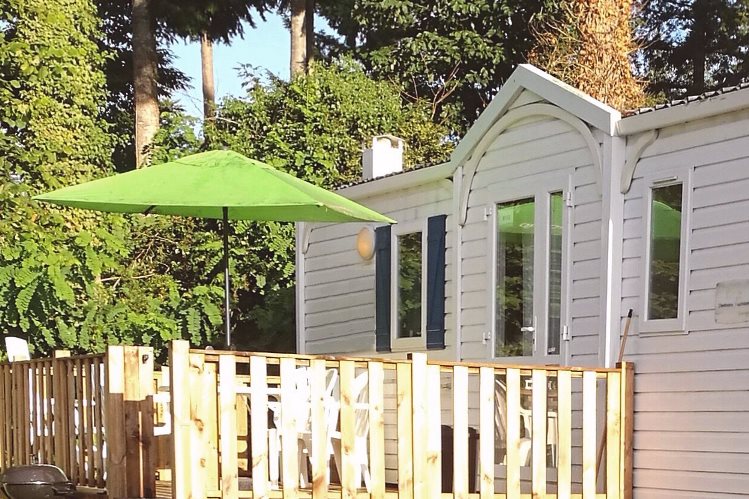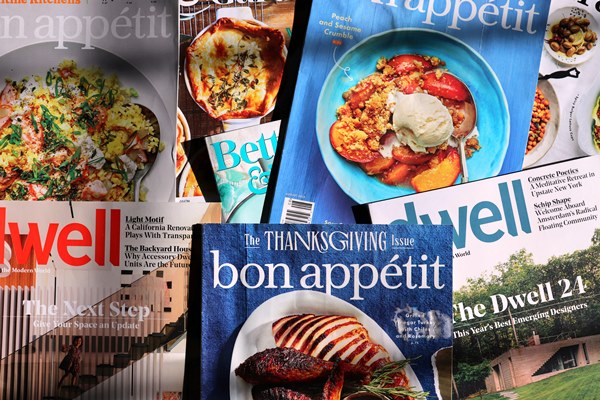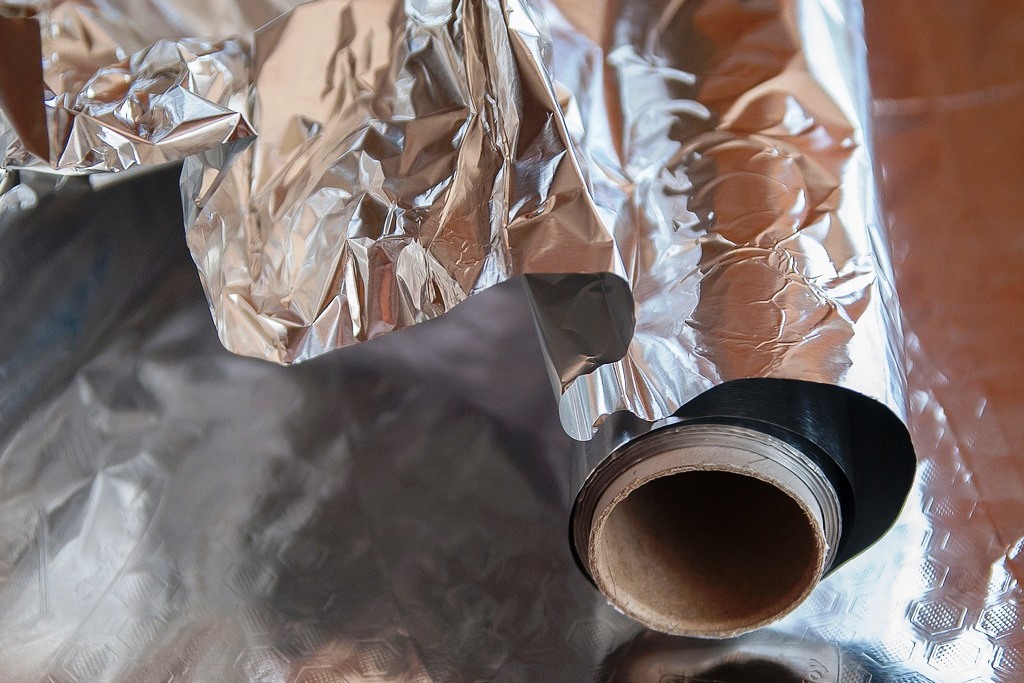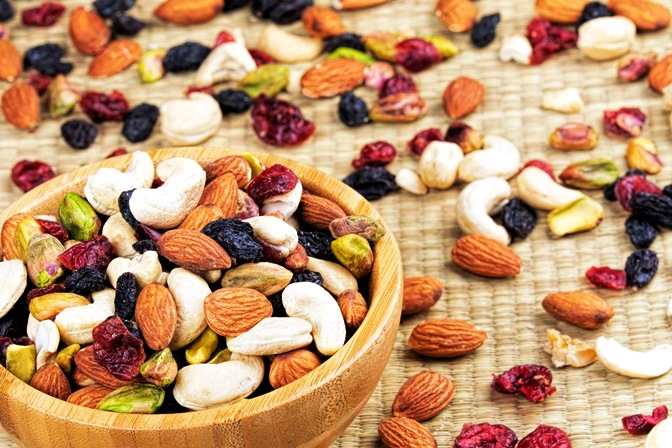Cooking might be the last thing you want to do while on holiday, but there’s a lot to be said for self-catering holidays.

- You get more room for your money on self-catering holidays than you do from all-inclusive.
- You set the schedule – with young kids, this makes keeping to routine a lot easier.
- You’re more in control of the menu on self-catering holidays.
- You eat what you want when you want on self-catering holidays.
- Makes managing dietary restrictions easier.
But I know the idea of having to cook (and wash up) makes it sound less holiday-like and more like just moving the housekeeping to a new location. But cooking doesn’t mean it must be done in the same way as you always do. Take a holiday from your usual routine: take some shortcuts, mix things up, relax your rules. We’ll get to all that in the next post. First, we make a plan.
All you need to establish your own holiday approach to cooking is a bit of planning and a willingness to do things a tad differently. Holiday meal planning begins, as do so many things, with reconnaissance and information gathering.
LOCAL INFO
Give some thought to what the local specialties might be. No one expects you to become expert on local cuisine overnight, but you may find some similarities to dishes you already cook or ways to incorporate popular local ingredients not normally available to you.
RECIPES
Sure, you’ll have some easily remembered standbys but holidays are also a good time to try some new things or new twists on old ideas. Start early on the hunt for inspiration. Grab a folder and a handful of summer food magazines. If something looks interesting, tear it out and stick it in the folder. Don’t over think at this point, weed stuff out later on.

Do the same thing online – browse your favourite foodie websites, print ideas off. Ask friends to email you suggestions, especially friends who have been to the part of the world you are heading for.
ONSITE EQUIPMENT
Our sites provide the kitchen basics – dishes, bowls, cutlery, kettle, mugs, glasses, frying pan, saucepan or two, a roasting tin, measuring jug, strainer, knives, serving utensils, and cutting board.
The knives are, by and large, crap so we bring our own. Just one or two – Himself’s favourite all around knife and a bread knife. It’s France. Bread knives are key. We also bring a corkscrew and tin opener because they’re supposed to have them and may – but again, pretty much useless.
Your accommodation will vary so check before you go so you know what you need to bring with you or what you can cook given what you will have on hand.
KITCHEN PACKING
There will be things you need that are not provided by your self-catering accommodation. You’ll have to decide what the ‘must-haves’ are, what you have room to pack and what you might be able to live without. There is no right or wrong here. I know people that bring their slow cooker with them. That seems madness to me but it works for them.
If you’re going somewhere without a grill or BBQ available, you won’t need a click lighter or matches. Our sites have BBQs available so we always bring both.

I always bring a few Tupperware type containers, zip-lock bags are also useful but the key for me when it comes to storage is aluminium foil. It is an absolute must for rental or self-catering kitchens, a real workhorse that can:
- Line trays and roasting dishes with it to save on clean up (after all, less time at the sink means more time with a glass of wine on the deck)
- Create cooking packets for potatoes and other veggies suitable for oven or BBQ
- Cover dishes of leftovers before popping them in the fridge, to keep rest of the food from absorbing odours from particularly pungent fridge-mates.
- If you’ve got the heavy-duty stuff, you can even make baking trays out of it. I’ve been known to make DIY mini-roasting pans as well.
TRAVEL RATIONS
Because you never know what delays you’ll encounter on the road, what will be open or how everyone will feel once you finally get to your site, I try to have enough supplies to provide not only snacks on the way but some dinner and even a bit of breakfast the next day. Some potentially useful stuff to take in the car:

- Pretzels, raisins, nuts – trail mix, mixed or not – biscuits. Crisps tend to create more crumbs in the car so we avoid those during car trips.
- Small bottles of water and bottled juice.
- Small boxes of cereal, a pint of long life milk, instant coffee or tea (or both) and some sugar.
- Package of pasta, jarred sauce, some tinned fruit – this is very handy, quick and simple dinner if traffic delays mean you don’t arrived until after the campsite shop is closed. Trust me. It happens.
- Basic spices – salt, pepper, onion power, garlic powder, chili flakes (this is our must have no matter what list. Your mileage may vary).
OK. You’ve collected your data, you’ve packed your equipment and you’ve arrived. It’s time to talk about how you’re going to get everyone fed – aka ‘The Fabulous Foodie Holiday Approach to Cooking.’
And for more on what to pack beyond the kitchen, check out ‘Getting Ready for Self-Catering Holidays.’
